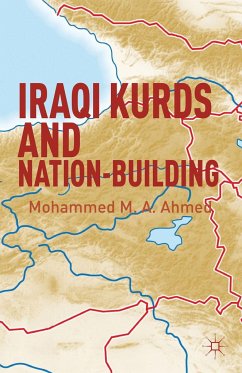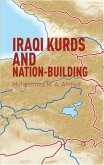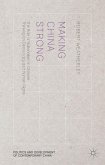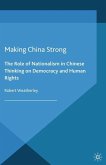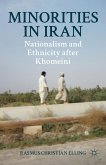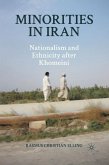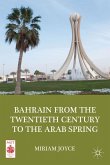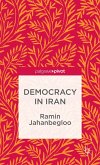Shining a light on how Iraqi Kurds used the aftermath of the 1991 Kurdish uprising to hold elections and form a parliament, and on how Kurdish officials later consolidated their regional government following the 2003 Iraq War, this book considers the political and economic shortfalls of the government and the obstacles facing Iraqi Kurds.
"Mohammed Ahmed's Iraqi Kurds and Nation-Building offers readers a detailed account-ing of the key issues facing Iraqi Kurdistan today. . . Readers with an interest in the Kurds or Iraq . . . will find a wealth of very up to date material with extensive details on developments of the last few years.' Kurdish Studies
"Analyzing how the Iraqi Kurds have apparently succeeded in constructing a quasi-independent and largely democratic federal entity in northern Iraq the Kurdistan Regional Government (KRG) despite powerful external opposition, this is a timely and original book written by a scholar with unique abilities." - Michael M. Gunter, Professor of Political Science, Tennessee Technological University
"Mohammed M. A. Ahmed is one of the few scholars with all of the necessary linguistic abilities, scholarly capabilities, sound analysis, good judgment, and political wisdom to unravel the closely interfacing politics, problems, and challenges that await the Kurds of northern Iraq and their leaders." - Robert Olson, Professor emeritus of Middle East History and Politics, University of Kentucky
"Analyzing how the Iraqi Kurds have apparently succeeded in constructing a quasi-independent and largely democratic federal entity in northern Iraq the Kurdistan Regional Government (KRG) despite powerful external opposition, this is a timely and original book written by a scholar with unique abilities." - Michael M. Gunter, Professor of Political Science, Tennessee Technological University
"Mohammed M. A. Ahmed is one of the few scholars with all of the necessary linguistic abilities, scholarly capabilities, sound analysis, good judgment, and political wisdom to unravel the closely interfacing politics, problems, and challenges that await the Kurds of northern Iraq and their leaders." - Robert Olson, Professor emeritus of Middle East History and Politics, University of Kentucky

